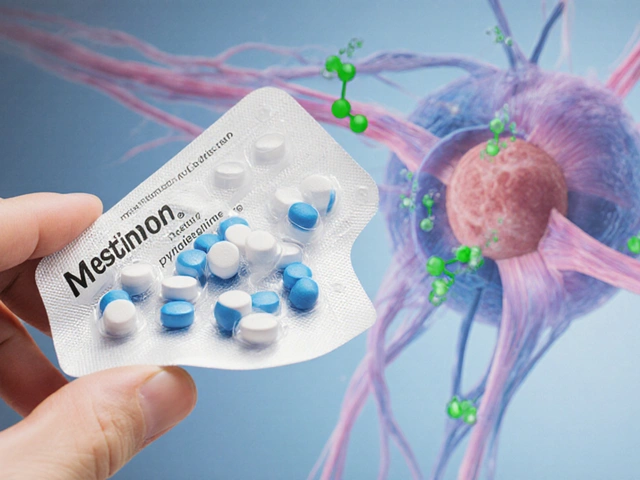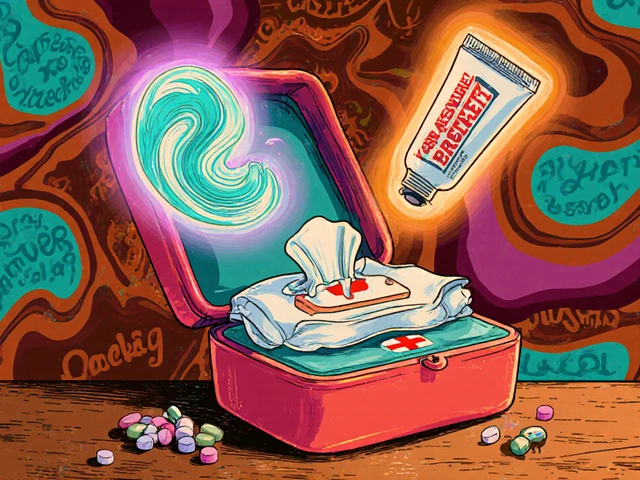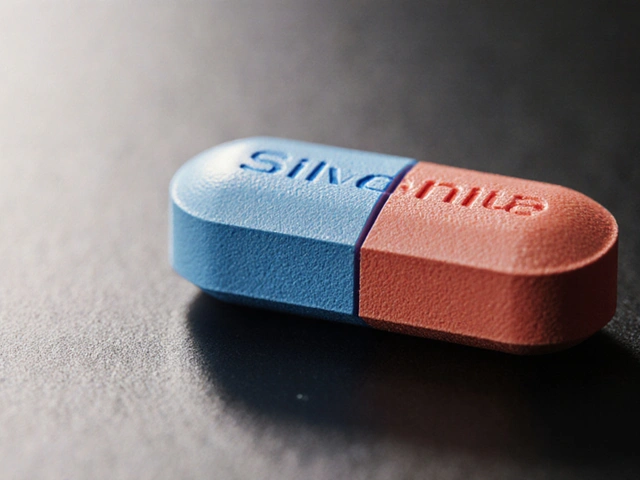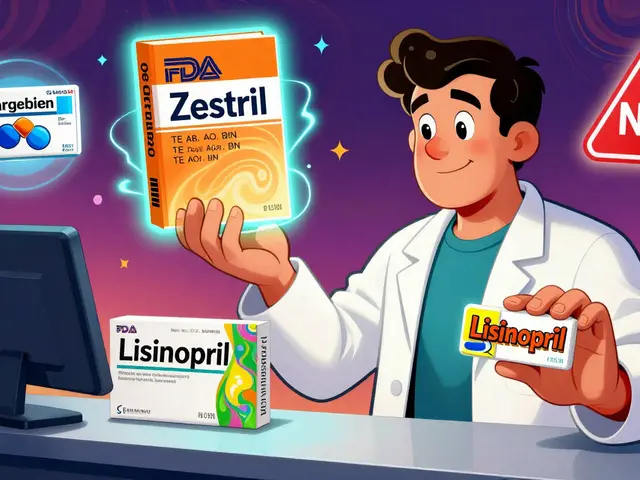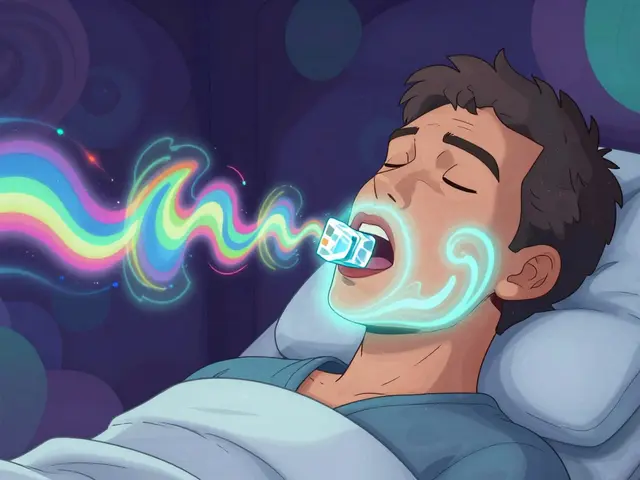
Ethinyl Estradiol – Essential Facts and Safe Use
Ethinyl estradiol is a synthetic form of the female hormone estrogen. You’ll find it in most combined oral contraceptive pills and some hormone‑replacement products used in the UK. Because it mimics natural estrogen, it can prevent pregnancy, treat menopausal symptoms, and help manage menstrual issues.
How Ethinyl Estradiol Works
When you take a pill containing ethinyl estradiol, the hormone tells your brain that you’re already pregnant. This stops the release of an egg each month and makes the lining of the uterus less friendly for implantation. In hormone‑replacement therapy, the same estrogen component helps relieve hot flashes, night sweats, and bone‑loss risk.
Dosing, Side Effects, and Interactions
UK contraceptive pills usually carry 20‑35 micrograms (µg) of ethinyl estradiol per tablet. Low‑dose options can be as low as 10 µg, which may reduce side‑effects for some users. Always start your pack on day one of your period or follow the doctor’s instruction if you begin at another time.
If you miss a pill, take the most recent one as soon as you remember and keep taking the rest at the usual time. Missing more than two active pills may lower protection and increase the chance of pregnancy.
Common side‑effects include mild nausea, breast tenderness, headache, and mood swings. Most of these settle within a few cycles. Rare but serious risks are blood clots, especially in smokers over 35, people with a history of clotting disorders, or those on certain other medications.
Ethinyl estradiol can interact with a range of drugs. Antibiotics like rifampicin, anticonvulsants such as carbamazepine, and herbal remedies like St John’s wort can lower its effectiveness, potentially leading to an unintended pregnancy. Some antifungal medicines (e.g., fluconazole) may raise estrogen levels and increase side‑effect chances.
To stay safe, always tell your pharmacist or GP about every medication and supplement you take. The NHS provides free advice on contraception, and most UK pharmacies can verify that your pills are genuine and stored correctly.
When you’re on hormone‑replacement therapy, follow the prescribed dose and attend regular check‑ups. Your doctor may adjust the amount based on your symptoms and any health changes.
In summary, ethinyl estradiol is a key ingredient in many UK birth‑control and hormone‑therapy products. Knowing the right dose, watching for side‑effects, and checking for drug interactions can help you use it safely and get the benefits you expect.
-
6 Sep

